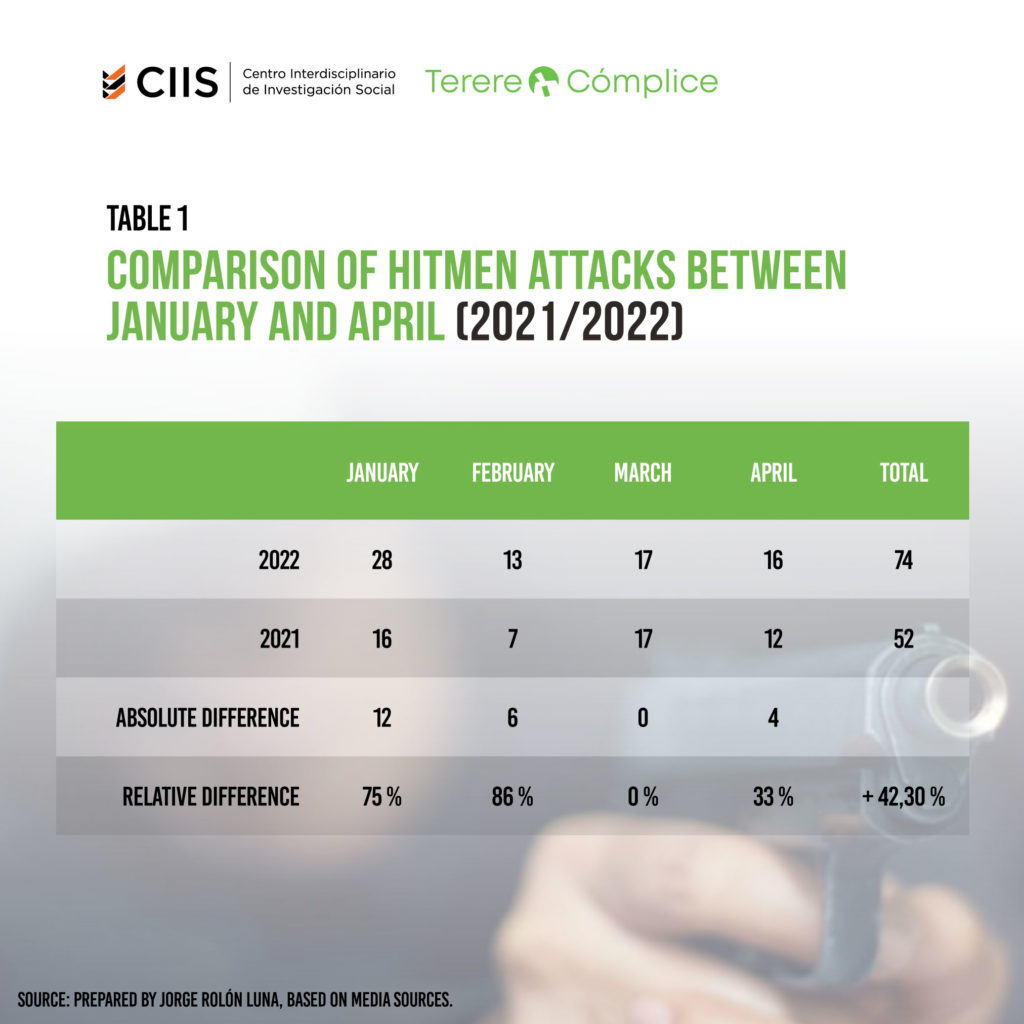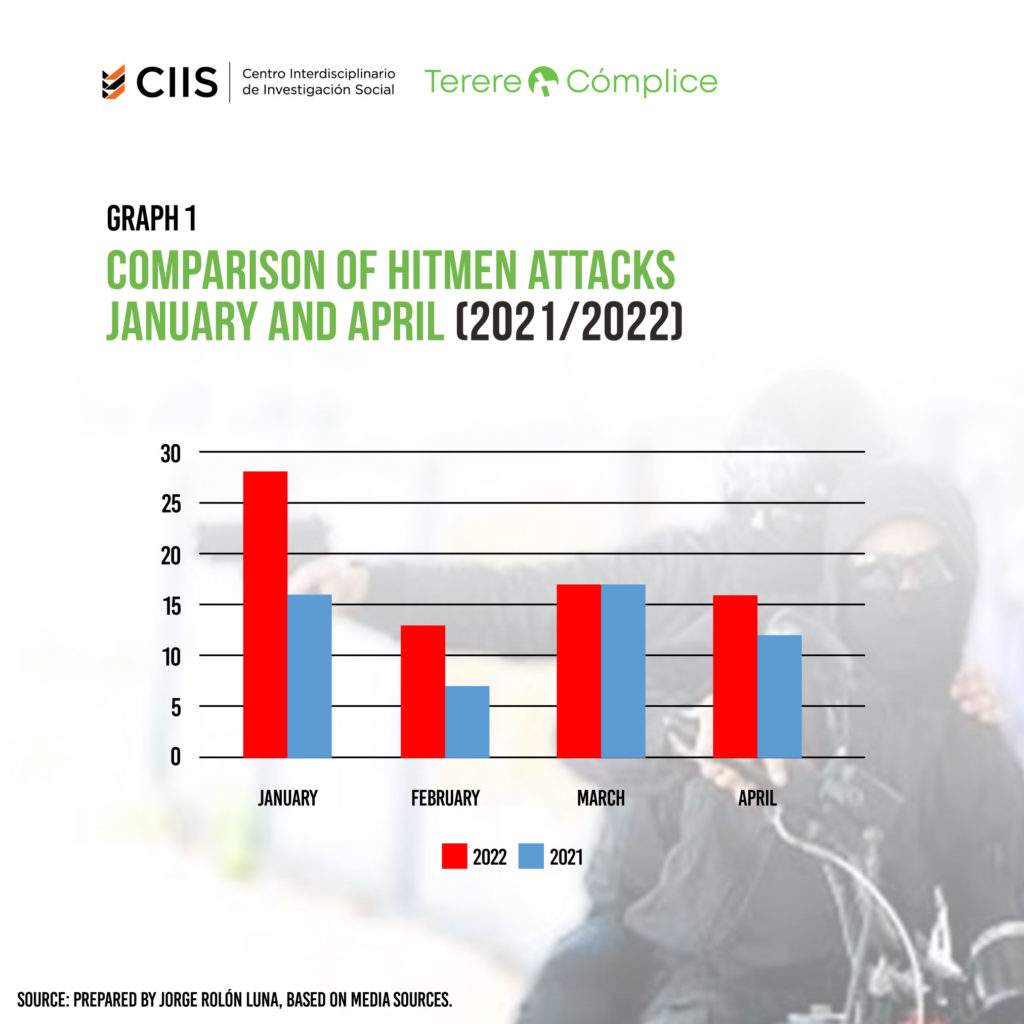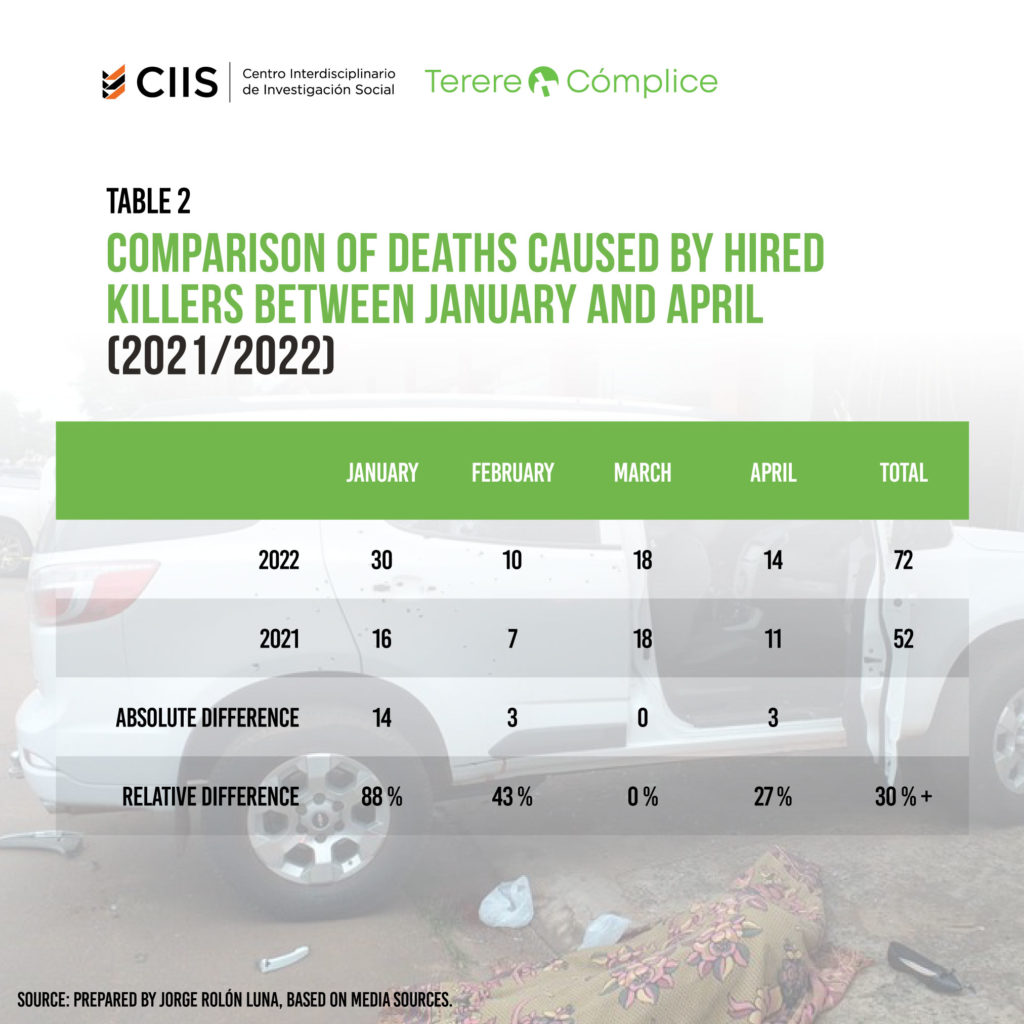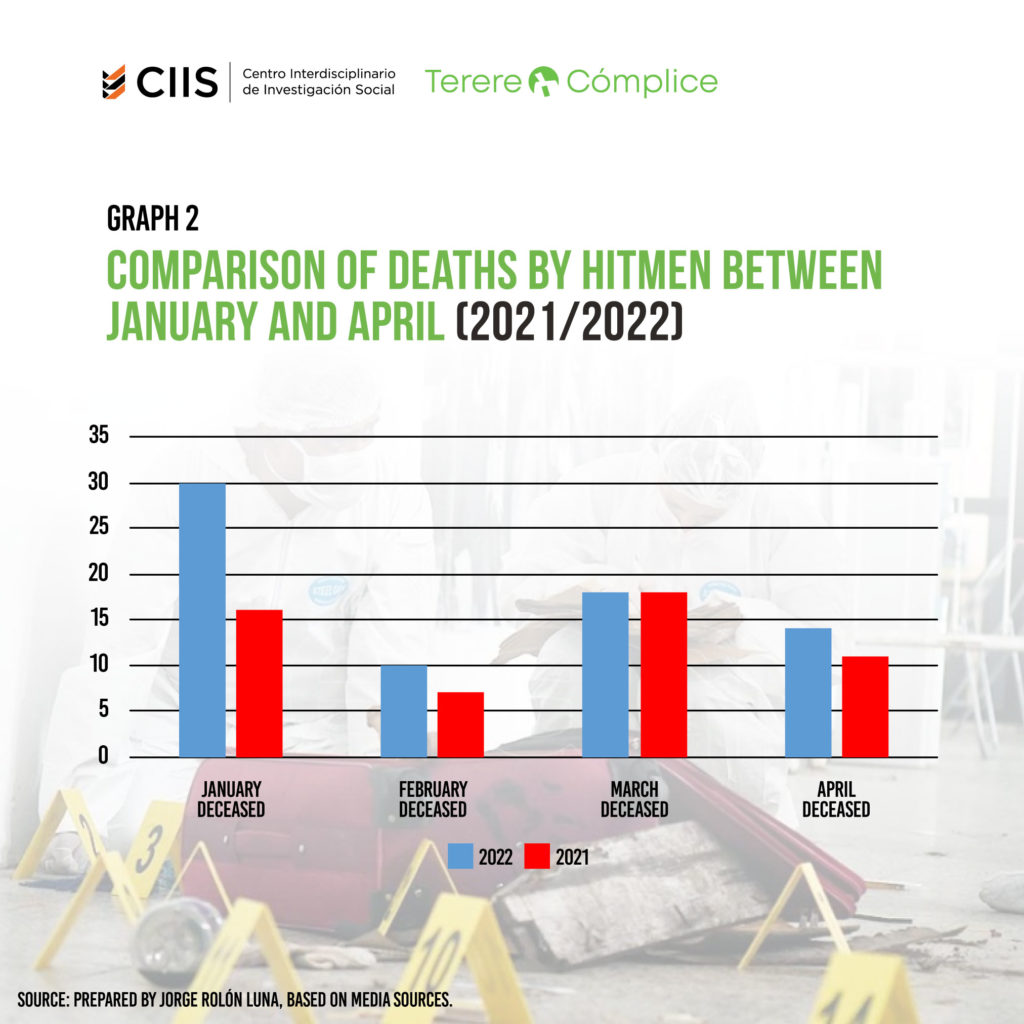
By Jorge Rolón Luna *
Is it feasible to argue that Ecuador and Paraguay, each on its own and to different degrees, through correlated events are showing us in recent years their entry into what is called “contemporary violence.” On April 29 of this year, Ecuadorian President Guillermo Lasso declared a state of emergency in three provinces ravaged by drug trafficking violence, expressed in a spike in homicides, growing contract killings and massacres in prisons. The response of the unimaginative Ecuadorian president has been the mobilization of 4,000 police and 5,000 military personnel in these provinces -in some communes with curfew included-, as if he had never heard of Mexico’s failure in the “war against drugs”. On May 10, thousands of kilometers away from the country, the Paraguayan prosecutor Marcelo Pecci was brutally murdered. What is happening in Ecuador, what is happening in Paraguay? Although these diverse violent phenomena are, in turn, multi-causal, one word is key to begin to understand the issue: cocaine. The game changer.
For some time now, and parallel to the change in its role in international drug trafficking networks and routes, violence in Ecuador has skyrocketed and reached the extreme that in 2020 homicides increased and contract killings reached 764 deaths. It is true that the Ecuadorian numbers are much higher than ours, but the process in that country could give us an idea of where we are heading. It is no coincidence that Belgian customs chief Kristian Vanderwaeren recently declared that the 90 tons of cocaine seized in 2021 came from three countries: Panama, Ecuador and Paraguay.
The Paraguayan situation shares some similarities with Ecuador: the increase in homicide rates and, among these, in hired killings. It is pertinent to go back a little further to better understand the process: the country registered 1,372 homicides in 2002, and then steadily declined – with slight upturns in 2008, 2015, 2016 and 2019. In that 20-year period the trend was downward, with declines in fifteen years and slight increases in five (it rose again from 481 in 2020 to 525 in 2021). As can be seen, four of these increases occurred in the last seven years, showing a clear upward trend in homicides, after three decades of almost uninterrupted decline.
The disproportionate growth of contract killings in Paraguay is most likely related to the country’s new role in the international drug trafficking scheme, above all due to the prominence of cocaine and its importance for criminal groups in Paraguay. This is reflected in unprecedented seizures, both in Europe and on Paraguayan soil.
While the cocaine business is not new in both countries, the importance and place of the business has changed: Paraguay and Ecuador are no longer merely transit countries. There is evidence that they are countries of storage, distribution, and even extra-continental export, but while in Ecuador dozens of laboratories have already been dismantled, in Paraguay there may be some kind of processing.
In previous articles I have analyzed the geolocation of the cases of hired killings comparing the first 4 months of the years 2021 and 2022, which allowed us to see a deployment of cases that notoriously extends outside the hot border areas of our country (Amambay, Alto Paraná, Canindeyú, among others). Table 1 shows the number of attacks by hitmen and the deaths they have caused in those periods.

As we can see in the table and graphs, between January and April of the years being analyzed, there is an increase of no less than 42.3% of hitmen attacks, an increase that is undoubtedly shocking, which adds to the also worrying geographical dispersion. The graph below illustrates the differences in the period January-April 2021 and 2022, in another way.

The data is overwhelming. Murder by assassination in Paraguay is spreading like an oil slick and its numbers are increasing year after year, month after month. Let’s take a look at the deaths by hitmen in the period under study.

In the first four months of the year, 72 people were killed by hitmen. The increase in attacks has resulted in 30% more deaths, an increase that we understand goes hand in hand with disputes between drug trafficking groups, primarily linked to cocaine trafficking, although not all cases of hired killings are linked to drug trafficking. The differences are shown below with a graph.

The increasing significance of hitmen cases in relation to total homicides also supports the hypothesis that hitmen is linked to the drug trafficking business. The data collected show the following: 1) the increase in total homicides from 2020 to 2021; 2) the absolute increase in the number of hitmen cases (from 140 to 175 cases); 3) the increase in the number of hitmen cases in the total number of homicides, from 29% to 33% between 2020 and 2021. In other words, today, one third of homicides in the country are committed by hitmen.
The disproportionate growth of contract killings in Paraguay is most likely related to the country’s new role in the international drug trafficking scheme, above all due to the prominence of cocaine and its importance for criminal groups in Paraguay. This is reflected in unprecedented seizures, both in Europe and on Paraguayan soil.
Finally, it is possible to affirm that contract killings have skyrocketed in recent years, dragging down total homicides, which had been declining steadily for the past twenty years. The existing evidence on contract killings and homicides in Paraguay suggests that the increase in the former (contract killings) is the result of the role of cocaine in the activity of cocaine trafficking groups, gangs or organizations and their state partners, in a business that has undoubtedly dramatically expanded its profit margins and levels of violence.
*Lawyer, Professor and independent researcher. Former Director of the Observatory of Security and Citizen Coexistence of the Ministry of the Interior.
Cover image: Semana.com/Juan Carlos Sierra
